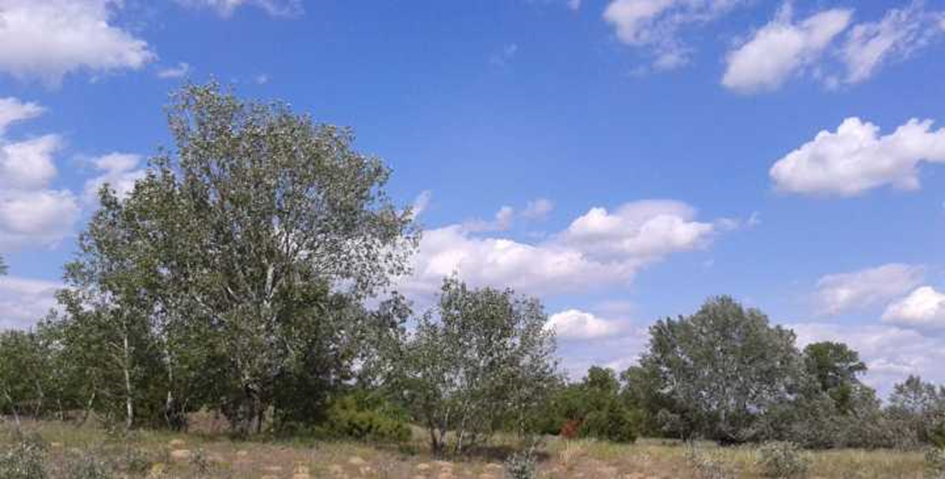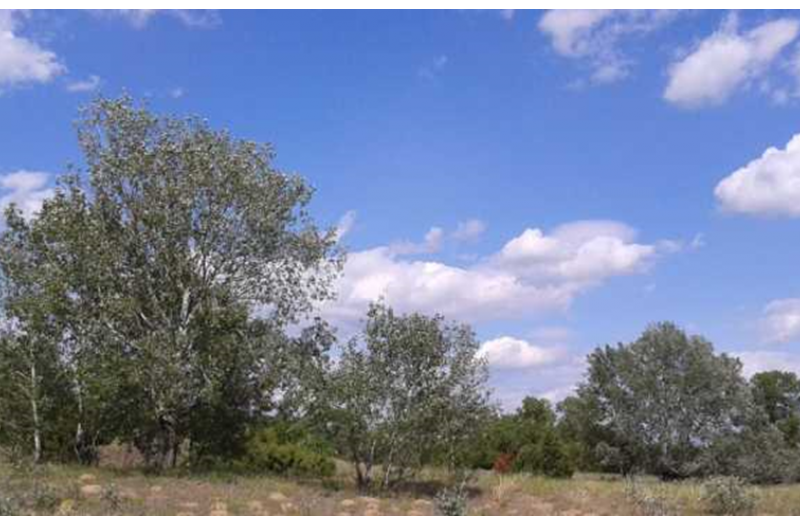Supporting sustainable land use and water management practices in the Kiskunsag National Park, Hungary

Kiskunsag Sand Ridge is an 8300 km2 semi-arid lowland region with large extents of inland sand dunes and shallow alkali lakes in Central Hungary. Traditional land-uses were pastures and grazing, as well as small-scale arable fields, vineyards and orchards. In the last 50 years drainage, intensive farming and timber plantations have profoundly transformed the landscape, leading to shifting patterns of abandonment and cultivation, as well as depopulation of the rural areas. Since 1947 the Directorate of National Park of Kiskunsag has been operating in the area protecting the environmentally special and unique species.
Supporting sustainable land use and water management practices. By identifying the main problems and involving local stakeholders the basis will be laid for the later resolution of the water-management conflicts in the area and the introduction of an ecosystem services perspective.
The ecosystem service and natural capital concept has now been introduced into the local and regional discourses about environmental management. This contributes to regional planning and facilitates conflict management between stakeholder groups.
The participatory methods involving a broad spectrum of stakeholder groups can be transferred to facilitate environmental management planning on a similar scale. The conflict management approach may be applied to regions where nature conservation authorities are major stakeholders. The elaborated indicators promise the scale-up of the ecosystem service assessment.
The ecosystem service concept and application of indicators facilitate stakeholder involvement in environmental management and planning.~Participatory methods are appropriate for coupling non-monetary evaluation with scenario conflict management and scenario building.~
